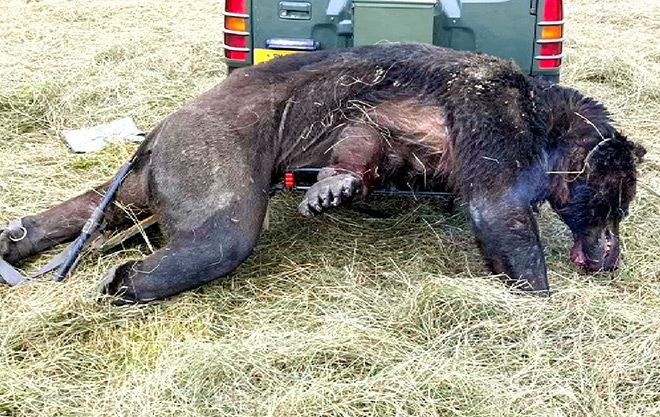Japan Intensifies Bear Hunt Amid Deadly Attacks
Japan is currently grappling with a severe and escalating crisis involving its bear population, following a series of deadly attacks that have prompted an urgent, widespread hunt across various regions. The nation finds itself on high alert as authorities intensify efforts to manage the growing threat posed by these wild animals, ensuring the safety of its citizens.
Escalating Encounters and Tragic Outcomes
Recent weeks have seen an alarming increase in bear encounters, many of which have turned fatal. Reports from rural communities and even suburban fringes indicate that bears, including both Asiatic black bears and, in Hokkaido, brown bears, are venturing closer to human settlements with unprecedented frequency and aggression. These incidents have tragically resulted in loss of life and serious injuries, instilling fear and disrupting daily life in affected areas. The precise reasons for this surge in activity are being investigated, but experts suggest factors such as habitat loss, food scarcity in natural environments, and climate change could be driving bears into closer proximity with human populations.
The rise in sightings and attacks has led to a palpable sense of unease. Local governments have issued strong warnings, urging residents to be vigilant, especially when venturing into wooded areas or during dawn and dusk.
Coordinated Response: The Bear Hunt and Public Safety
In response to the escalating danger, the Japanese government and local municipalities have authorized and initiated extensive hunting operations. Wildlife management teams, local hunters, and even self-defense forces in some areas are collaborating in a coordinated effort to track and, where necessary, cull bears deemed a direct threat to public safety. This concerted action aims to reduce the immediate danger to communities and restore a sense of security.
Simultaneously, public awareness campaigns are underway, urging residents to exercise extreme caution, secure food waste properly to avoid attracting animals, and report any bear sightings immediately. Practical advice includes carrying bear bells, avoiding solitary walks in dense foliage, and understanding how to react during an encounter, such as making noise or slowly backing away without turning your back.
Balancing Conservation and Human Safety
The situation presents a complex challenge, balancing public safety with wildlife conservation. While the immediate focus is on protecting human lives, there's also a broader discussion emerging about sustainable coexistence and long-term strategies for managing Japan's bear populations. This includes exploring better waste management systems, creating effective wildlife corridors to guide animals away from human areas, and continuously educating the public on safe interactions with local fauna.
The current bear hunt in Japan underscores a critical moment for the nation, as it navigates the immediate threat of dangerous wildlife encounters while seeking sustainable solutions for the future. The safety of residents remains paramount as efforts continue to mitigate this growing challenge, aiming for a harmonious balance between human development and the natural ecosystem.

